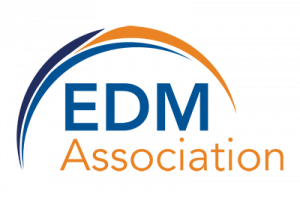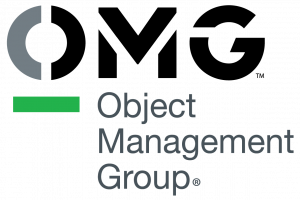This resource is for CIOs, enterprise IT teams, and IT vendor managers that are using standards in agreements with suppliers to measure development productivity, software quality, and technical debt to increase the value of IT outsourcing and reduce cost and risk.

Contract Language for Productivity
This paper addresses how to measure development productivity using Automated Function Points in contracts. The standard is used in outsourcing contracts to specify a base level of productivity, set a rate invoiced per function point when software is delivered to the customer, ensure the quality of function points delivered, and set incentives for higher productivity.

Contract Language for New Development
This paper addresses how to lower risk and improve software development outcomes by using software quality standards in contracts. The standards for Security, Reliability, Performance Efficiency, Maintainability and Technical Debt are used in outsourcing contracts to conduct a systems assessment, measure the quality of delivered code, set acceptable levels of quality for delivered code, and measure quality over time.

Contract Language for SLAs
This paper addresses how to move beyond traditional "time-based" service level agreements (SLAs) to agreements that contract around the quality of code. This paper discusses how to set SLA measurements for structural quality characteristics (security, reliability, etc.) to lower risk, improve application ROI, and incent vendor performance to a defined standard.


